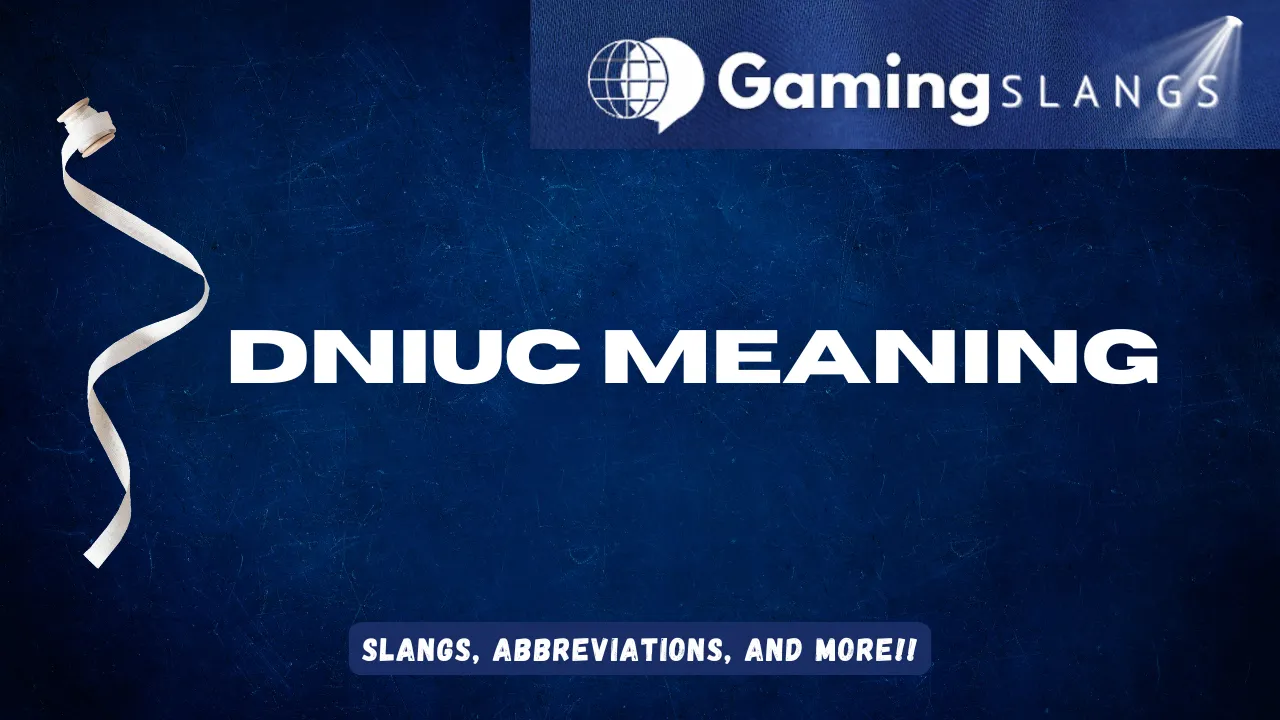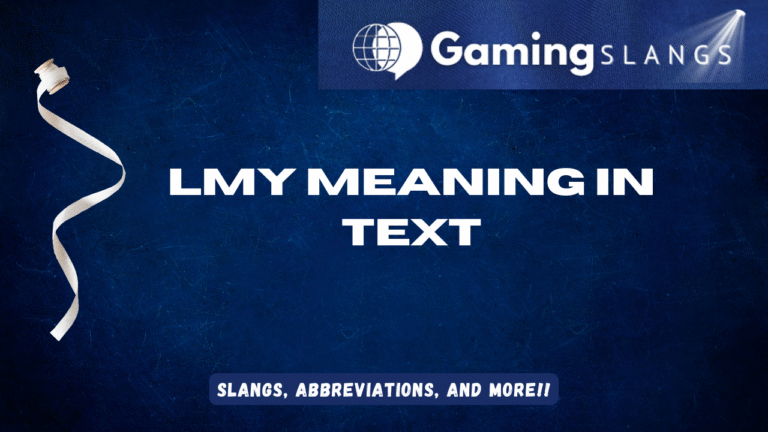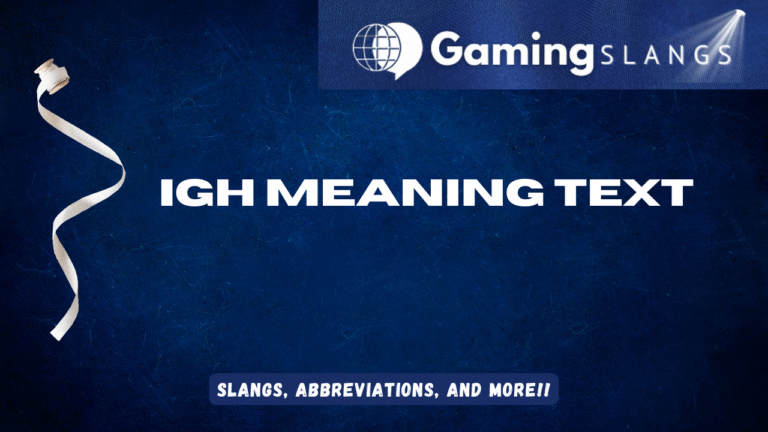DNIUC stands for “Do Not Include Unnecessary Content.” It is commonly used in academic and professional settings to emphasize the need for concise and relevant information in documents, presentations, or communications. The term is often employed to avoid clutter and maintain focus.
Origins of DNIUC
The term is thought to have originated in online forums and educational circles where brevity and clarity were highly valued. Its origin remains unclear, but it’s widely recognized in content writing and editing communities.
How to Use DNIUC in a Sentence?
DNIUC is used to encourage others to stay concise and avoid redundant information. Here are examples:
- “While drafting the report, remember DNIUC to keep it focused.”
(Encouraging someone to exclude unnecessary details.) - “The project guidelines explicitly stated: DNIUC for efficiency.”
(Used in written instructions.) - “DNIUC is the golden rule for clear email communication.”
(As a general tip for writing emails.) - “Before submitting the manuscript, the editor advised, ‘DNIUC.'”
(Mentioned during the editing process.) - “Students often forget the importance of DNIUC in exam answers.”
(In academic contexts.)

Pronunciation of DNIUC
DNIUC is Pronounced as: “dee-en-eye-you-see.” But, the full form is pronounced as:
Words Similar to DNIUC
- KISS (Keep It Simple, Stupid): Encourages simplicity in communication.
- TL;DR (Too Long; Didn’t Read): Used to summarize lengthy content.
- Concise: Stating information clearly in a few words.
- Essential: Focused on the most important aspects of a topic.
- Streamlined: Refers to removing excess for efficiency.







